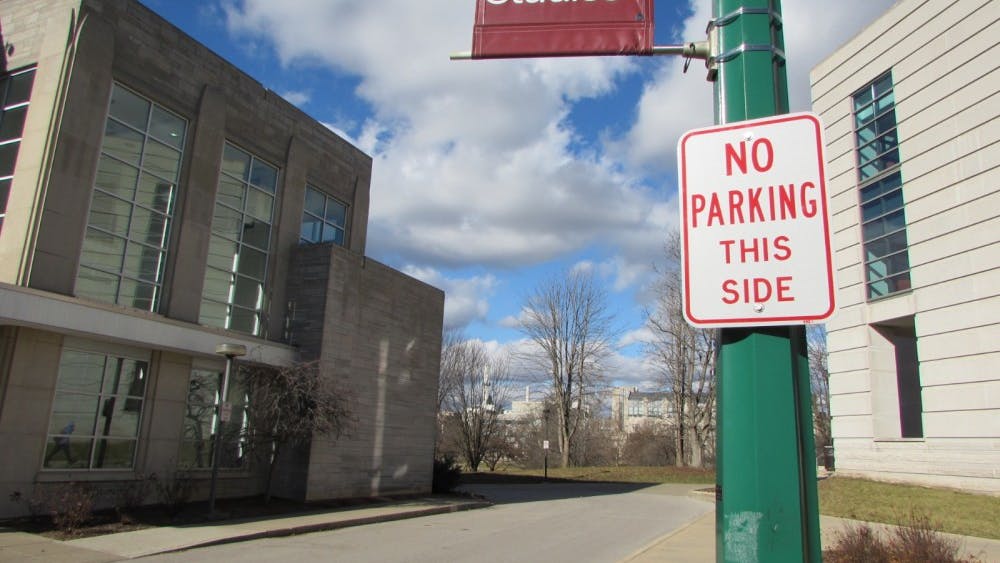Living alone for the first time can be a daunting experience. The responsibilities of working, paying bills and saving money can cause unwanted stress, especially when students can't rely on family income.
Luckily, there are ways to efficiently manage funds and save money by forming habits that are not only beneficial when students leave their households but can be utilized long past their days in college.
How to Budget
Understanding what you need and what you can afford is where budgeting comes into play.
Managing your money is a skill that can be used in everyday life. The sooner you start, the sooner you can pave the way for a high financial literacy.
Budgeting starts by evaluating your monthly income after taxes so you can categorize your spending into different groups:
Rent and utilities: Your monthly bills may include water, electricity, gas, cable and internet services and air conditioning.
Food: Whether it’s eating out or cooking at home, meal selections factor into daily expenses.
Transportation and gas: At IU, campus buses provide students free transportation to areas around Bloomington.
Tuition and loan payments: To combat lingering student loan debt, a large portion of one’s budget may be allocated to this category.
Anything left over can be set aside for personal savings. If you have goals like buying a car or traveling, budgeting is the fastest way to save up for the next step in your life.
“The rule of thumb for most people is 10 percent,” Phil Schuman, MoneySmarts director of financial literacy, said. “If you can get into the habit while you’re in school of putting aside 10 percent of every paycheck after taxes, that’s going to put you in a really good position moving forward.”
Mistakes
One mistake students make is being afraid to take control of their finances and failing to create a budget at all.
Dave Rathmanner, vice president of content at LendEDU, conducted a 2016 study that stated 43 percent of students surveyed said they don't track their monthly spending.
Students especially need to reflect on their monthly income and determine how they’re going to allocate their spending.
“A lot of people interpret it as a budget that is telling me what I can’t spend my money on,” Schuman said. “For us, it’s how much money you can spend on these things.”
MoneySmarts is an online service provided by IU so students can stay on top of their finances. Understanding what you need and what you can afford is where budgeting comes into play.
Tips for Saving Money
It's easy to save money after creating a budget, but cutting back on spending often comes with social or financial sacrifices. Students sometimes fail to consider creating a budget that balances their priorities and happiness.
Small changes to a student’s lifestyle can lead to hundreds of dollars saved per year. What separates those who will have financial success from those who will struggle in the future is discipline. Quick ways to save include:
Planning weekly meals and cooking from home: Buying groceries is cost-efficient and will save students money in the long run.
Shutting off lights, water and other appliances when they aren’t being used: This tactic can decrease the cost of monthly bills.
Cutting down on credit card use: Use one card for a small portion of your budget. This will help students pay off credit card debt quickly, while also building a credit score.
Splurging allows engagement in fun and social activities, but an important budgeting tactic is saving money in case of an emergency. Life is full of uncertainties and building up a financial cushion will serve as an aid when an unforeseen circumstance arises at home, work or school.
Visit moneysmarts.iu.edu for more help on budgeting.





